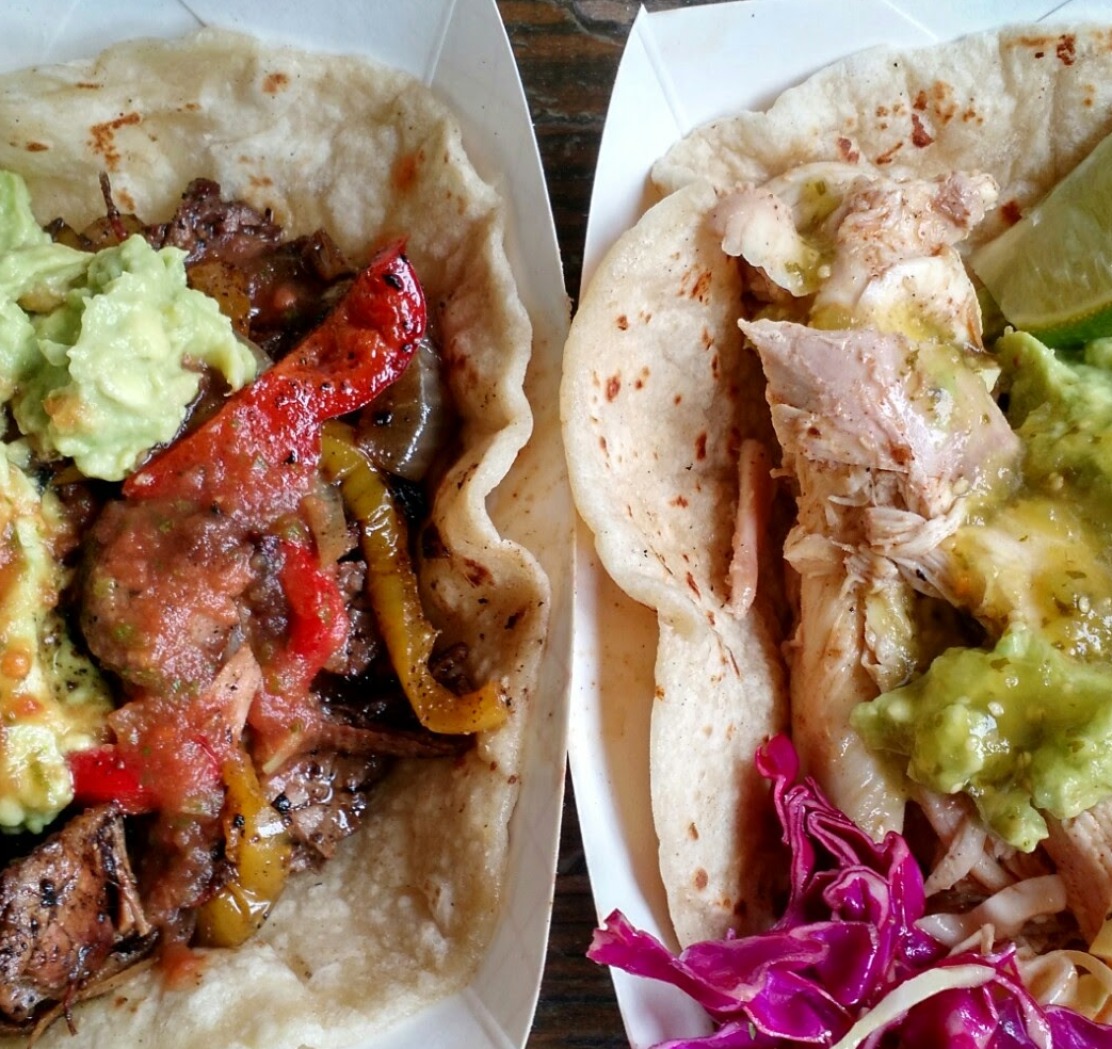Talk about the second marathon boom. Back in the 1970s, running was taking off and becoming the thing to do. Well we’re well into the second boom, and I think even approaching a tipping point. In recent months, several enormous races have sold out in mere hours. Not months, weeks, or days, like they used to. HOURS. On March 7th, the Marine Corps Marathon opened up for registration at 3pm. The race isn’t until October 28th. By 5:41pm it was sold out. That’s 30,000 spots. Thirty. Thousand. For the uninitiated, that’s insane.

The Marine Corps Marathon isn’t alone. Recently the trend has been to sell out faster and faster. Boston has additional limitations, namely qualifying times, which reduces the number of people who are even eligible to try to register. The New York Marathon has a lottery in place to fill its non-charity, non-elite spots. In recent years, the number of spots in the race has been constant but the number of people applying has grown like crazy. Here’s how Marine Corps compares to the Chicago and Boston Marathons (and the NYC lottery numbers):
| Race (runners) | Year | Time to sell out | People per Hour |
| Chicago (45000) | 2012 2011 2003 |
6 days 31 days 35 weeks |
312 /hr 60 /hr 7.6 /hr |
| Marine Corps (30000) | 2012 2011 2008 |
2.6 hours 28 hours 17 days |
11538 /hr 1071 /hr 73 /hr |
| Boston (20000) | 2012 2011 |
8 hours 66 days |
2500 /hr 12 /hr |
| New York | 2011 2010 2009 |
140000 applicants 125000 applicants 102500 applicants |
Not all hope is lost. The Austin Marathon, for example, has only started seeing sell out registration since 2009, and they were selling out the week of the race itself (for only 6000 spots). They even had some people registering the day before at the expo. So this isn’t indicative of ALL marathons. It just seems to be the mega races, for now. Runners may need to reevaluate their race preferences and focus on smaller races. Or hone their online registration skills.
More registrations means more dollars so I don’t really see this trend slowing down. What are the alternatives? Well, with the current systems in place, you need to be ready to go the moment registration opens on the very first day. But long term I think races are going to need to address this problem (and yes, it is a problem). Lottery and qualifying are two options. A lottery, like the NYC Marathon, puts everyone on an equal playing field for random selection. The problem there is the uncertainty if you’ll be chosen, and thus makes training and travel logistics difficult for tens of thousands of people.
My preference would be to have qualifying standards, either based on time or race history. For example, to register for, say, the Chicago Marathon, you would either need proof of X number of other marathons. This could promote smaller marathon registrations en route to a larger race. Otherwise, it could require people show proof of running one (or two, etc) half marathons prior, more from a safety perspective. Like, first show you can safely run a half marathon, and then you can register for this marathon. As a last qualifying option, which isn’t really ideal either, would be to mirror the Boston Marathon: set certain time qualifications to be met in another race before registering for the race you want.
No matter what the changes are, it remains that changes need to be made. Again, ultimately this is a good problem to have. More people running means better health, more notoriety, and hopefully better-managed events. It’ll be interesting to see what happens. Until then, let’s keep training for the Vermont Marathon (which, as it goes, still has an open registration).
